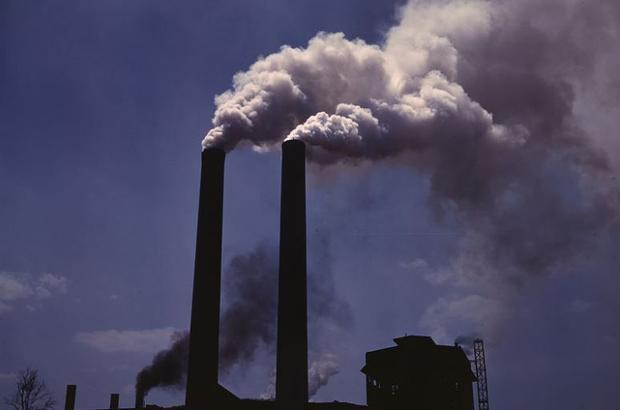Most definitions of overpopulation are nearly the same – it is a situation in which the world or an area has a population so large that the people are suffering as a result. In other words, it is an area that’s beyond the capacity to handle the material needs of the people living in it.
In this context, overpopulation can result in starvation due to a shortage of food, limited access to healthcare and other public services, a shortage of housing or overcrowding in cities, and high unemployment.
The debate over overpopulation
In the 18th century, there were slightly less than 0ne billion people on Earth. Just two centuries later, we number 7.5 billion. The global population could reach 8 billion by 2025, 9 billion by 2040, and a whopping 11 billion by 2100. The problem is – Earth is not growing larger in response to the population explosion.
And as Will Rogers once said, “Buy land. They ain’t making any more of the stuff.”
We can thank the progress we have made in technology, science, and agriculture for our ability to still feed all these people. At the same time, though, it raises the question of how we – as a planet – will be able to sustain a population of 11 billion.
In 1798, Thomas Malthus, an English scholar, and minister published his views on population growth. He determined that without innovation, we would lose our ability to feed everyone. Yet, he also said that with innovation would come more wealth and people would end up having more children. He surmised that this would create a never-ending cycle that would eventually collapse.
About the same time as Malthus, the Industrial Revolution was starting up. Improvements in Watts’ steam engine in 1781 helped to greatly increase the power available to industry. Coal, lots of coal was used to generate electricity, and as the population of the world grew, so did the cost of living and so did our dependence on fossil fuels.
In 1885 Benz developed the internal combustion, gasoline-powered car. Then in 1908, Ford brought it to the masses. Lots of oil being burned.
Overpopulation and the environment
Through innovations in technology, the world has made great strides in the fields of agriculture, medicine, energy production, and manufacturing, to name just a few sectors of the economy. However, if you put some serious thought into the problem of global warming, I really don’t think it was humankind’s intention to ruin our environment – not on purpose, anyway.
Today, we know full well that burning all that coal and gasoline is fueling global warming and creating a climate crisis. But even this knowledge wasn’t unknown in the 1800s. Svante Arrhenius was a Swedish scientist who in 1896 was the first to claim that the combustion of fossil fuels could eventually result in global warming.
Arrhenius theorized that atmospheric carbon dioxide could lead to temperature changes of the Earth, and discovered that the temperature of the Earth was due to the absorption and re-emission of infrared radiation from water vapor and carbon dioxide.
Arrhenius also drew much of his information from the research and observations of other well known scientific minds of the time, like Josef Stefan, Samuel Langley, Knut Angstrom, Joseph Fourier, and John Tyndall.
Interestingly, these scientists determined that global warming was not caused by overpopulation, but by burning fossil fuels. However, the relationship between overpopulation and environmental impacts is often interrelated and complex.
The complex interaction of population and the environment
Agricultural production plays a role in impacting the environment. While more technological farming is the norm today, there is still the runoff from fertilizers that are causing “dead zones” in our coastal waters. Worldwide, there are more than 400 marine “dead zones” caused by eutrophication, collectively covering an area six times the size of Switzerland.
Deforestation causes a reduction in the capture of CO2. The world is well aware of the deforestation of the Amazon Rainforest, but that is not all deforestation destroys. It also is responsible for habitat loss and the extinction of many species of plants and animals. Simply put, more people means we need more food, more wood products, and more firewood.
Global warming has also created the first climate crisis refugees. From Alaska to small islands in the Pacific Ocean, people have been forced from their homes by rising sea levels. On the African continent, extreme drought and a lack of fresh drinking water has forced the migration of thousands and thousands of people from what was once their traditional homelands.
Granted, no two countries have the same exact problems but taken collectively, they are all part of the crisis the global community is dealing with today. That’s why it is imperative that everyone takes the time to understand the issues and support policies that will make a difference.


















